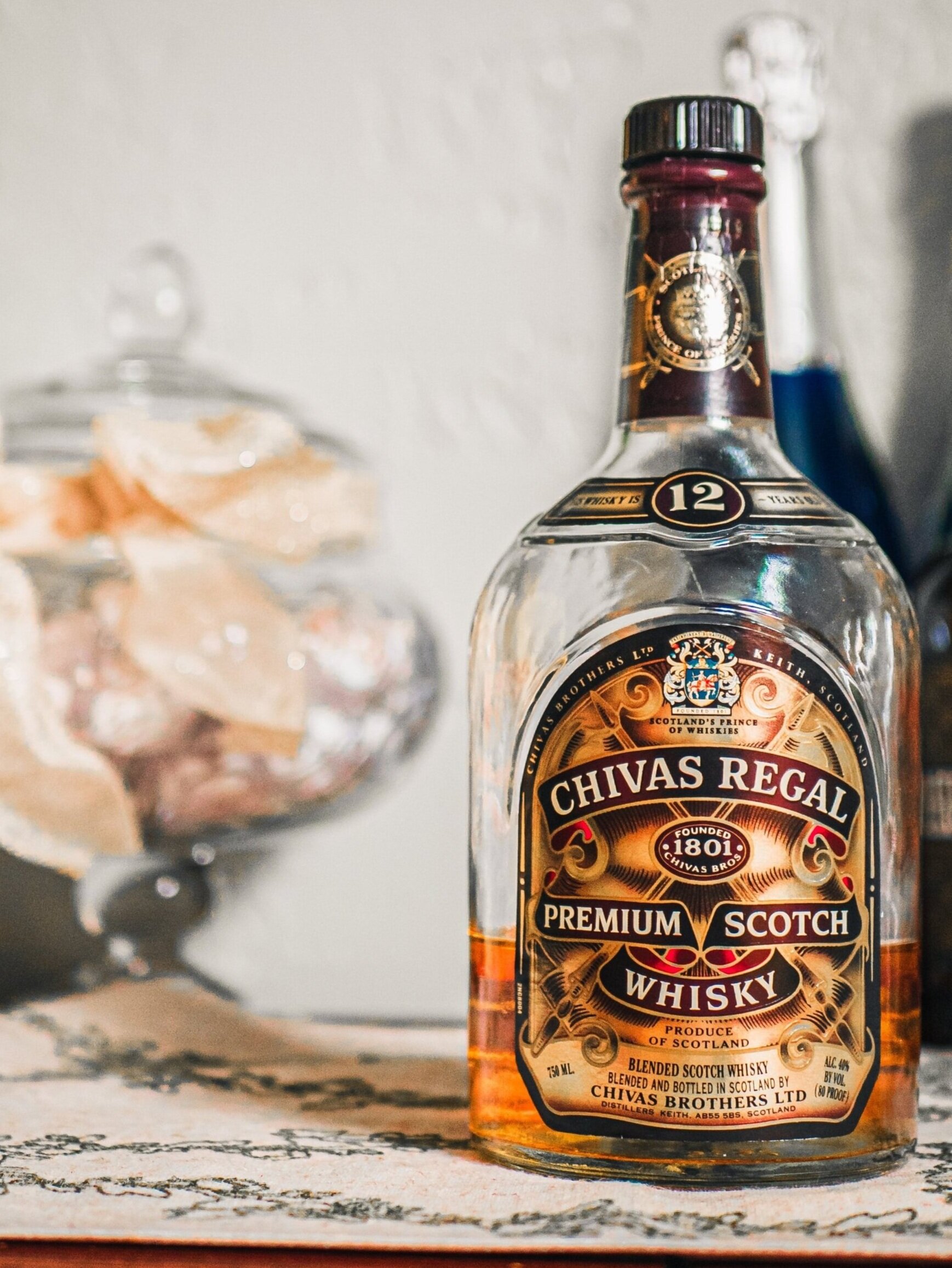Scotch Cocktails with Julian Short
Scotch. It’s a whisky that can be complex and peaty, or rich with cereal aromas. And people are torn: Is Scotch best on its own or can it be artfully mixed into cocktails? And which Scotches are best for mixing? We had the pleasure of chatting with Julian Short about Scotch and its role in mixology - and his creation is exquisite (scroll to the bottom of this post to find it).
This post will explore a bit about the legal definition of Scotch, as well as different production styles that affect the style and quality.
Julian Short won South Africa’s 2017 Diageo World Class Bartender of the Year, and his bar, Sin+Tax, located in Johannesburg, South Africa, won both World Class award for Best Bar, and Best Bar Team in that same year.
My favourite thing about Julian is his attitude toward cocktails. When asked what is the “best” cocktail, he said, “The one you want to drink more of,” and that is why we love him.
A little bit about scotch…
Not every Scotch is peaty or smoky in flavour.
In order for Scotch to be called Scotch Whisky, however, it must be made in a distillery in Scotland (the maturation and bottling must take place in Scotland, too, and if the distilled spirit ever leaves Scotland, even if it meets every other requirement, it cannot be called Scotch). Scotch must be aged in oak barrels of 700 litres or less for a minimum of three years. Only water and caramel colouring can be added at bottling.
There are other legal requirements surrounding the production of Scotch whisky, but these are some of the highlights.
There are 5 types of Scotch Whisky: Single Malt (a commercially important part of Scotch whisky production), Single Grain, Blended Malt, Blended Grain, and Blended Scotch (the majority of all Scotch whisky)
There are 5 law-defined regions for Scotch: Highland, Lowland, Speyside, Campbeltown, and Islay.
Scotch can have different styles
Based on different production methods and decisions the distiller makes, Scotch can have different flavours. Whether the Scotch has been aged in ex-whiskey or ex-Sherry butts; the still has a specific design, meant to increase Maillard reactions; peat has been added; or the type of grain (and ratios used) can affect flavour.
One of Julian’s favourite Scotch distilleries is Bruichladdich, and The Classic Laddie has the elegant and floral notes that make Scotch complex and special.
What are the best Scotch whiskies for cocktails? According to Julian, it’s whatever Scotch you like! And don’t be afraid to use the good stuff: “Better, high-quality ingredients make for better tasting cocktails,” he said.
Julian’s Creations: Hop Scotch
Surprisingly creamy, zippy, and a touch complex, this Single Malt Scotch cocktail folds together with IPA Beer, which, because of the increased amount of hops, lends a bitter note that’s perfectly balanced. Julian’s touch of salt at the end brings it all together brilliantly.
Ingredients:
1.7 oz (50 mL) Single Malt Scotch (Julian Suggests Singleton 12 Year because of its fruity notes, good body, and a bit of peat)
.8 oz (25 mL) Honey Water*
.7 oz (20 mL) Lime Juice
Salt
IPA Beer, or equally hoppy beer (we used Marz Community Brewing’s Jungle Boogie, a pale wheat ale brewed with Rooibos Tea)
Mix the first 4 ingredients into your shaker and give it a “short shake” (vigorously, for about 3-4 seconds). Pour into a highball glass (with ice) and add the IPA at the same time, garnish with a sprig of rosemary. Line the rim of the glass with a little rub of the lime and sprinkle a tiny bit of salt on top!
*To make honey water add 1 tablespoon (15 grams) of honey to a 1/2 cup (120 mL of hot water). Dissolve completely and let cool.
Photo Credit: Julian Short
Cherry and Olive
Created especially for his HOLLOW LEG Zoom Cocktail Class with us, Julian created a wild blend of flavours and mouthfeel in the Cherry and Olive, showcasing his immense talent with a range of tastes. The peaty Scotch adds burn and smoke, while the cordial is simultaneously fruity and briny, all topped off with the earthy, sweet notes of sherry. The oil in the olives lightly coats the mouth and elevates this drink to new heights.
Ingredients:
2 oz (60mL) Peated Scotch (Julian likes using a Talisker 10, which to him is “bold and masculine,” and allows him to be playful and adds contrasting flavours like cherry)
1.5 oz (40mL) Sour Cherry & Black Olive Cordial*
3/4 Tbsp. (10mL) Sweet Sherry (Julian uses Monis’ Full Cream Sherry)
Add all ingredients into a glass with ice and stir. Strain into a chilled glass.
*To make this stunning cordial, Julian added one cup each of water, cherries, and pitted (frozen) sour cherries and mix with 1/2 cup olives (Pitted Kalamata Olives) and 1/4 cup olive brine. Blend these together, then strain with a fine mesh sieve.
You can follow Julian Short on Instagram at @theflavourist and his bar, Sin + Tax at @sin _tax _bar . Sin + Tax is located in Johannesburg, South Africa.




